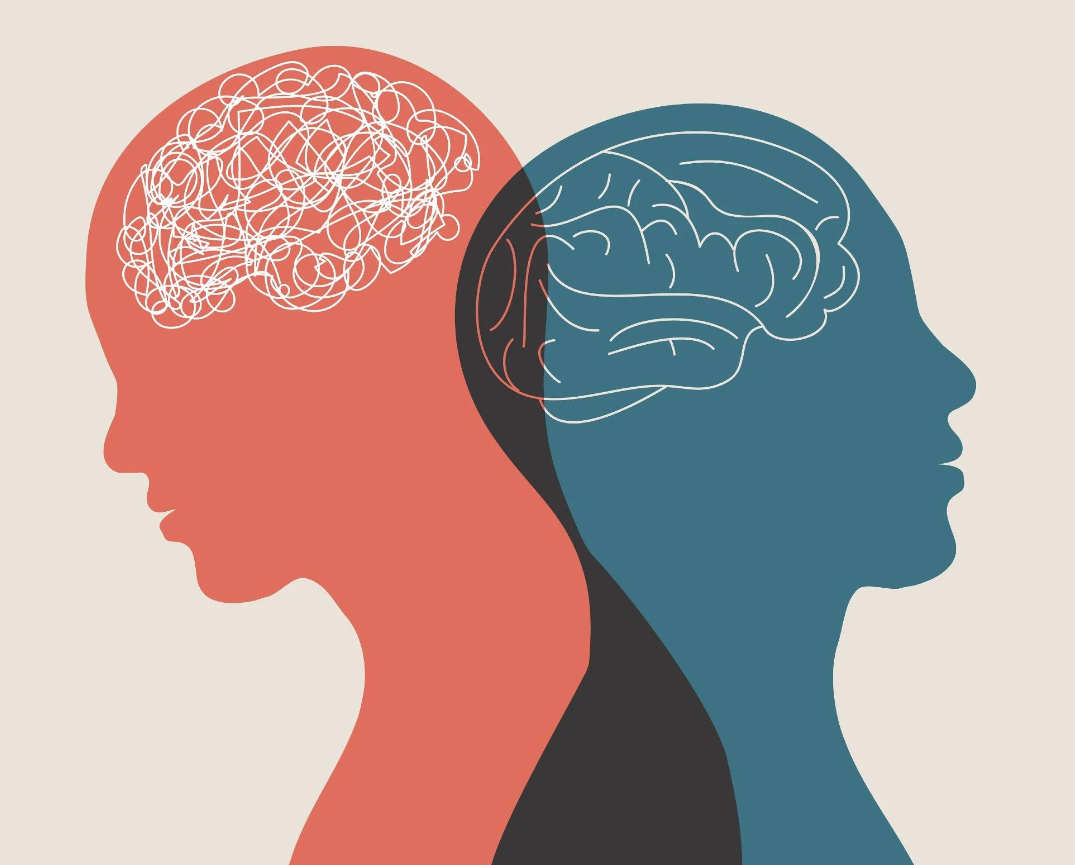Research
The unit set three societal challenges that will guide unit's advancement and application of knowledge:

Vulnerable populations and contexts of vulnerability
The ongoing improvement in the understanding and management of vulnerable populations (e.g., older adults, LGB+, children; and immigrants) and of human behaviour in vulnerability contexts (e.g. disease outbreaks; climate crisis related events; war; natural disasters), is a fundamental stance to establish behavioural and health sciences with high social impact, while also advancing science. And is aligned with various SDGs (e.g., reducing inequalities; good health and well-being; gender equality; climate action) and APA's emerging priorities (e.g., improving ageing, policymaking for women and LGB+ people; psychologist's role in the climate crisis). HEI-Lab aims to contribute to overcome these imbalances by studying different populations and contexts, and the adequacy, implementation, usability, acceptance, always with a particular look on how digital technologies can pitch in. This will set new correlates of social, behavioral, emotional, and cognitive outcomes that will lead to the development of validated interventions for vulnerable populations and contexts, increasing their resilience to emerging societal challenges, enhanced by digital-based technologies.

Mental health, wellbeing, and healthcare
The study of human behaviour at different levels of analysis - from micro intraindividual analysis of brain mechanisms and affective-cognitive processes, to the meso and macro levels of inter-group behaviours, organizational dynamics and policy making - is fundamental for increasing our capacity not only to predict its expression, but also to improve strategies that promote mental health and wellbeing, and overall adjustment. The main research challenge rests on how to deal with the complexity of the multidomain and bidirectional interaction between the brain and bodily systems, and between individuals and their surrounding environment. This multidimensional approach became increasingly effective due to emerging AI approaches that enable extracting complex biological and psychosocial factors to explain behaviour and predict both psychopathology and healthy functioning, and social adjustment. Particularly at the intra-individual level, this interface between psychology and computer sciences has an enormous potential to provide extremely precise models to explain behaviour, predict mental health conditions, and pinpoint effective treatment mechanisms.

Digital transition and emerging technologies
Several global trends are propelling digitalization, including transnational trade agreements, technological advancements in workplaces, sustainability imperatives, and the European Green Deal's emphasis on digitalization. However, the unequal access to technology, low levels of digital literacy and of its promotion, poses threats to democratic citizenship and social justice. In a digital society, socialization, employability, cultural and political engagement depend on digital proficiency, making it essential for daily tasks, education, and healthcare access. Those who do not "go digital" typically face many obstacles and have minimal alternative services. Accessing citizens' digital literacy is pivotal to ensure the success of any sustainable digital plans, while also understanding and predicting future acceptance and use of emerging technologies.
